Editor’s note: This story is part of Meet a UChicagoan, a regular series focusing on the people who make UChicago a distinct intellectual community. Read about the others here.
The story of how Long Nguyen, a talented scientist at the University of Chicago, came into the field of medical research begins during his childhood.
Both of his parents were medical doctors who spent decades helping patients, including those battling cancer, in Vietnam after many decades of war. Inspired by their unwavering commitment, Nguyen pursued medical training and saw the many disparities in healthcare and cancer treatment, in particular.
“The heart-wrenching experiences of witnessing many individuals succumb to cancer left a profound impact on me as a young medical student,” said Nguyen, who got his medical degree at Hue University of Medicine and Pharmacy.
His experience in medicine eventually led him to pursue a career in research. His first encounter with basic science occurred in the summer of 2014, when he participated in a Japan-government-funded summer exchange program. With a newfound passion, he decided to return to Japan for a Ph.D. in Medical Science from Tohoku University.
In 2020, he came to UChicago as a postdoctoral scholar and joined the laboratory of Marsha Rosner, the Charles B. Huggins Distinguished Service Professor of the Ben May Department of Cancer Research.
Nguyen said, “I realized that as a scientist, I hold the privilege of potentially making a significant impact on the field of oncology and, ultimately, on people's lives.”
Although his arrival was delayed due to the COVID-19 pandemic, he was able to work collaboratively with Rosner. She was impressed by his ability to carefully search the literature and quickly learn new techniques, becoming an expert in ChIPseq and CRISPR knockout technologies. She says he was constantly coming up with new ideas, new interpretations and new approaches. Whenever a colleague presented their work, Nguyen was one of the first to ask probing questions and to suggest next steps.
“Dr. Nguyen is among the best postdoctoral researchers that I have had in my laboratory over the course of 40 years,” Rosner said. “He thinks deeply about problems and he does this rapidly and with great enthusiasm.”
Advancing breast cancer treatment
At UChicago, Nguyen studies the most aggressive subtype of breast cancer, called triple-negative breast cancer because it lacks the three major breast cancer drug targets (estrogen receptor, progesterone receptor, and HER2 protein). It is notoriously difficult to treat.
It disproportionately affects young women and women with Black ancestry in the United States, making it a particularly vulnerable population. Nguyen’s primary research focus centers on the basic science aspects of the disease, specifically examining the impact of the tumor's stress microenvironment on promoting tumor growth. Additionally, he is investigating how this stress microenvironment can reprogram the tumor's immune environment, leading to the malignancy of TNBC. Understanding the mechanisms driving TNBC will provide researchers with valuable insights to develop new strategies for cancer treatment.
His research training also allows him to serve the community, particularly underserved communities, such as the vulnerable patients on the South Side of Chicago. He is a postdoctoral scholar in UChicago’s Cancer Health Equity Training Program, under the guidance of M. Eileen Dolan, PhD.
“Long has been a wonderful trainee within the Cancer Health Equity Training Program, participating in all activities and organizing a UChicago team for the Komen Race for the Cure,” Dolan said. “He has also helped organize speakers in areas of disparities for our monthly meetings.”
Nguyen said the experience has profoundly influenced his perspective and thinking.
“Such exposure is crucial for early-career scientists like me, as it emphasizes the importance of placing science in the service of those in need, amplifying its impact. The training program at the University of Chicago has provided me with opportunities to grow as both a scientist and a compassionate human being,” he said.
Honors, accolades
Recently, Nguyen has earned international recognition for achievements in cancer research. He was named a Scholar-in-Training by the American Association for Cancer Research at the 2023 AACR annual meeting in Orlando, Florida. In summer of 2023, he was selected as a participant in the competitive and prestigious 72nd Lindau Nobel Laureate Meeting, an annual gathering where Nobel Laureates convene in Lindau, Germany, to meet the next generation of leading scientists. He was among a small group of young scientists from over 100 countries invited to present their work on an international stage.
“Sharing my research with such an esteemed audience, including numerous Nobel Laureates, is a privilege that is rarely bestowed upon young researchers. It was nerve-wracking, especially for an early-career scientist like me,” he said. “However, representing the University of Chicago fills me with pride, and I gave it my best effort.”
The highlight of the program was interacting closely with nearly 40 Nobel Laureates, whose extraordinary achievements left Nguyen inspired.
“I'll always remember having dinner with Dr. William G. Kaelin Jr. (who won the 2019 Nobel Prize for discovering how cells respond to changes in oxygen) and engaging in discussions with Dr. Emmanuelle Charpentier, the 2020 Nobel Prize laureate for her CRISPR discovery.”
He credits his training at UChicago with Rosner for affording him numerous opportunities beyond science, enriching his overall life experience. Nguyen has thrived as a scientist at UChicago because he says the scientific atmosphere there is highly collaborative, enabling him to engage in cutting-edge research and learn from some of the brightest minds.
“I believe that the future of cancer research, and science in general, revolves around collaboration. We're in an era of big data and exponential progress. I'm hopeful that the advancements we achieve at the bench can be translated to the bedside much more swiftly than in the past.”
The next step in Nguyen’s journey is to pursue a tenured track position in academia in the U.S., with a particular focus on becoming a part of an advancing translational research team dedicated to breast cancer. He hopes to remain in Chicago, the city that has captured his heart, where he wants to make a meaningful contribution to its communities.
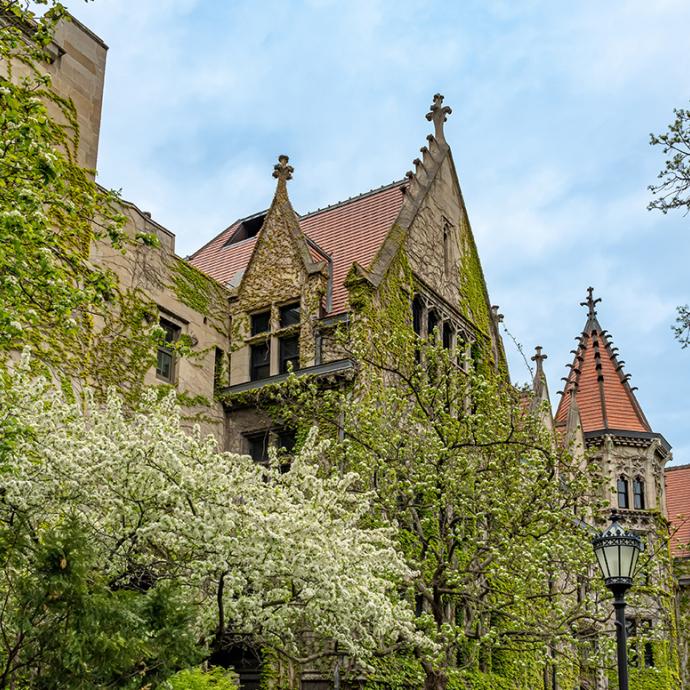
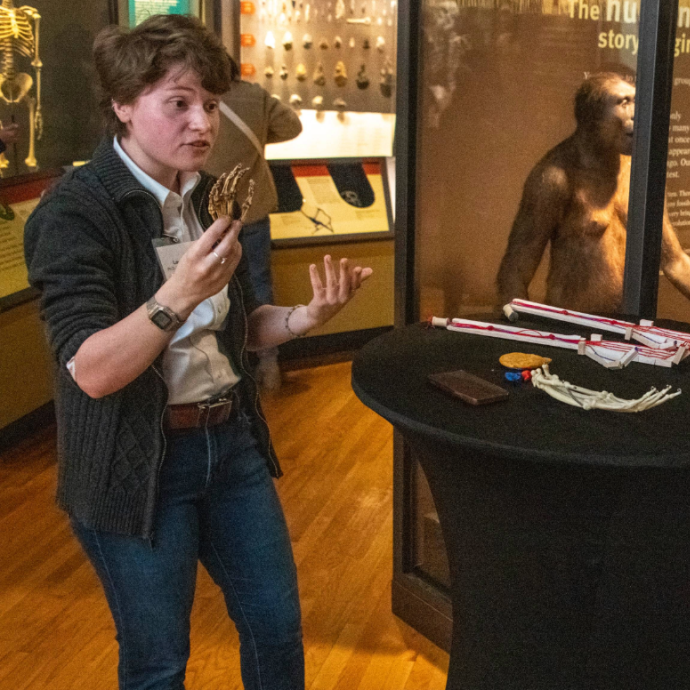
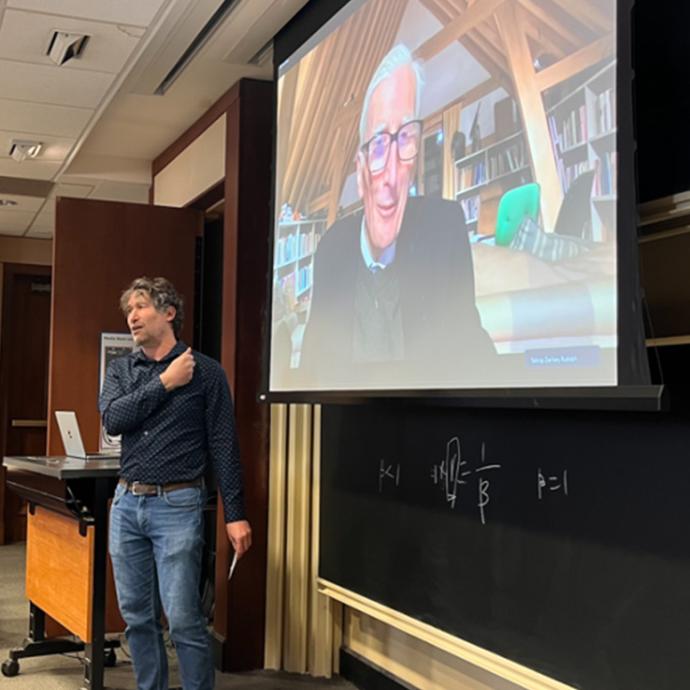
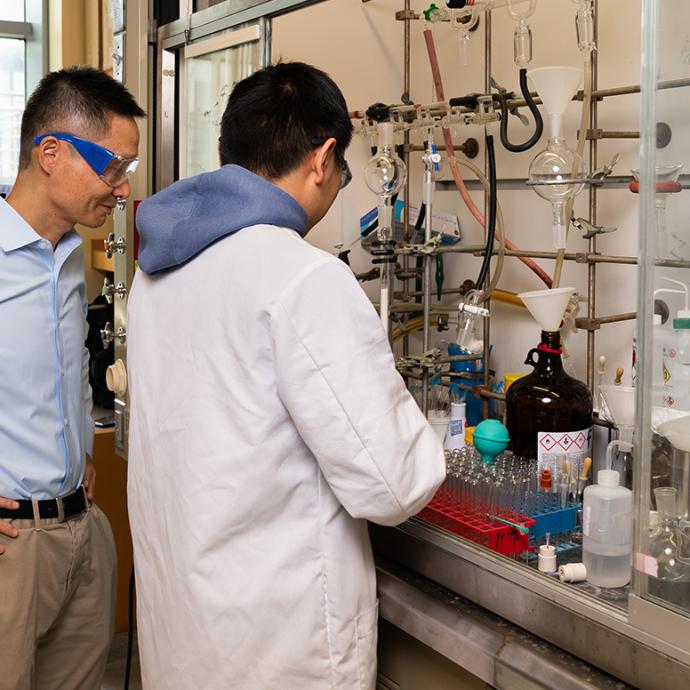

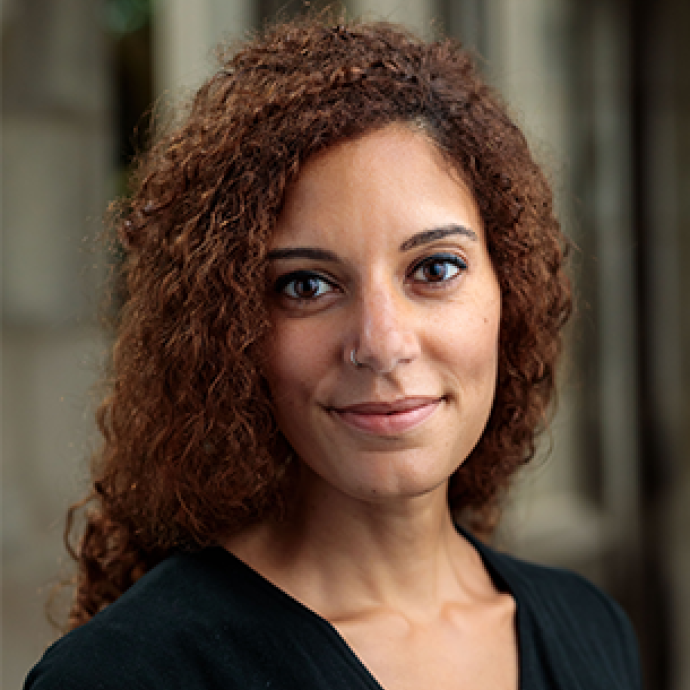
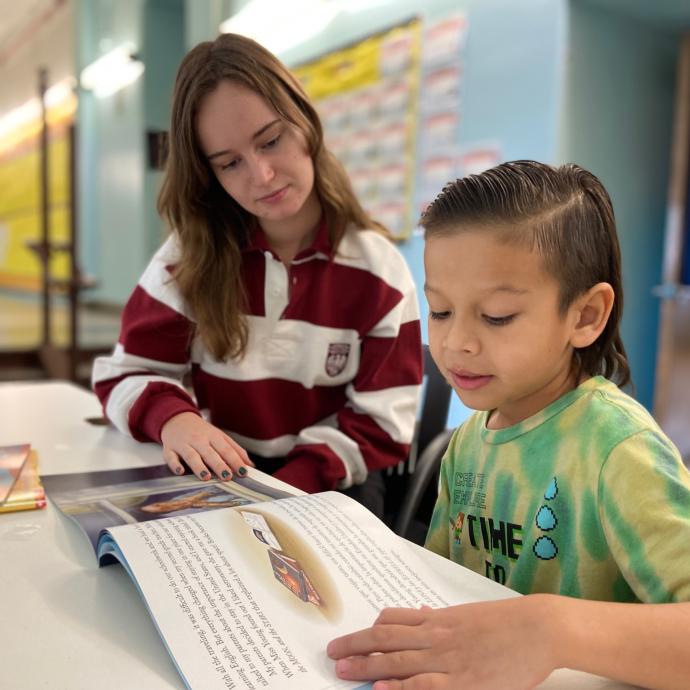


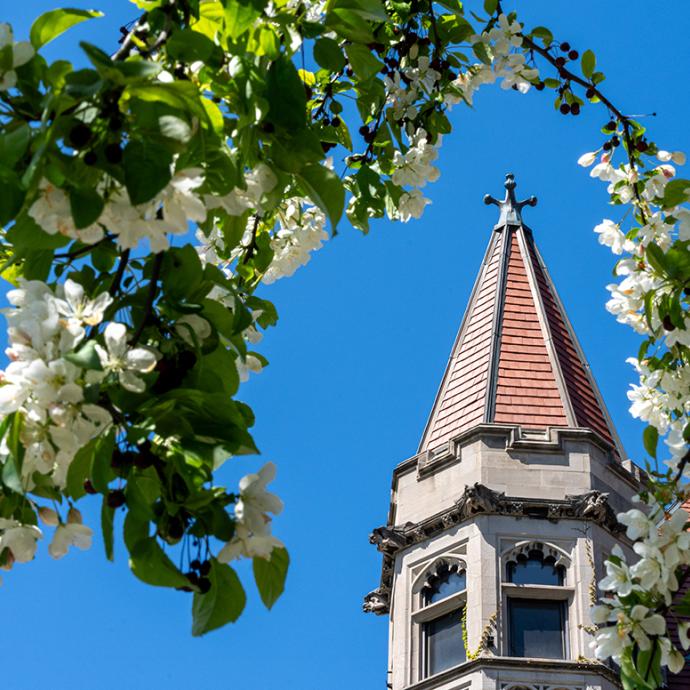
 —Prof. Chuan He
—Prof. Chuan He
